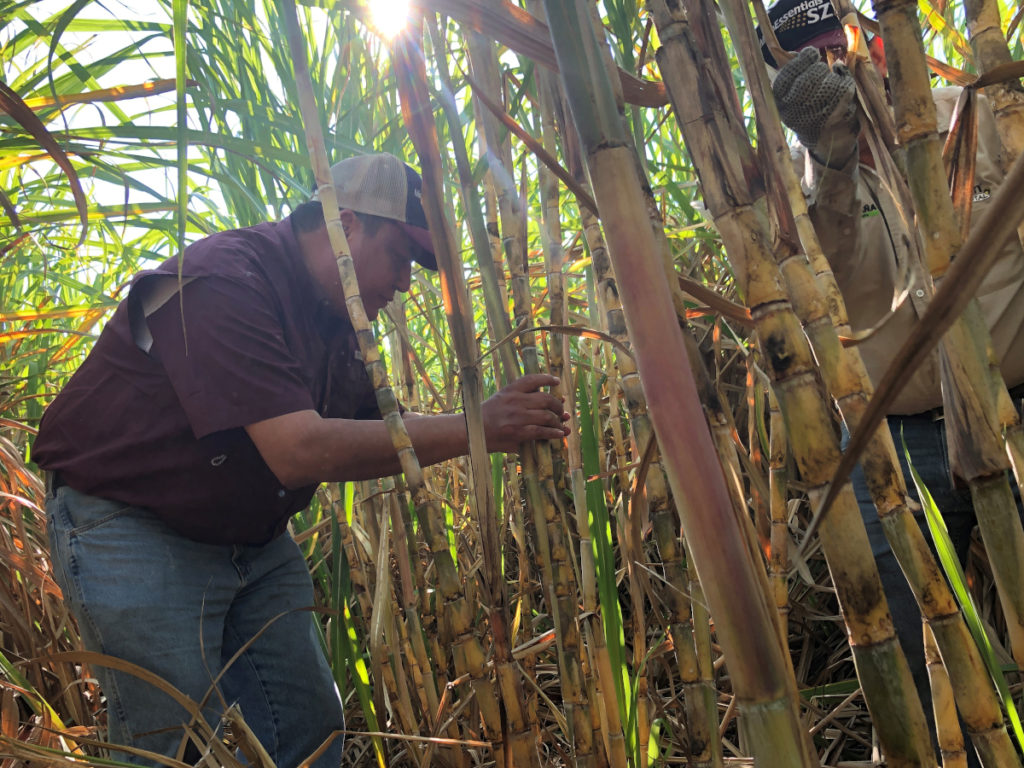
Farmers First: Building capacities to foster growth and prosperity
Sugarcane is one of the most important crops in the Huasteca Potosina region, in San Luis Potosí State in Mexico, since it is considered the main source of income for smallholders. Given this, there’s a need for more efficient processes to improve its yield. However, when attempting to introduce changes in production, there are significant challenges in Mexico, due to the strong traditional influence that permeates the sugarcane commodity and value chain.
To address this issue, Solidaridad partnered with international agri-input company Bayer Crop Science to put farmers first by implementing the Improvement in Productivity and Labor Conditions for Workers of Sugarcane Producers (MAS-CAÑA) project in October 2018.
Bayer has committed to empowering 100 million smallholder farmers in developing regions by 2030, “by improving access to agronomic knowledge, products, services and partnerships.” Their support for the MAS-CAÑA project contributes to this goal by giving smallholders access to knowledge that will foster their growth and prosperity, especially by building their capacity to implement sustainable practices in sugarcane production.
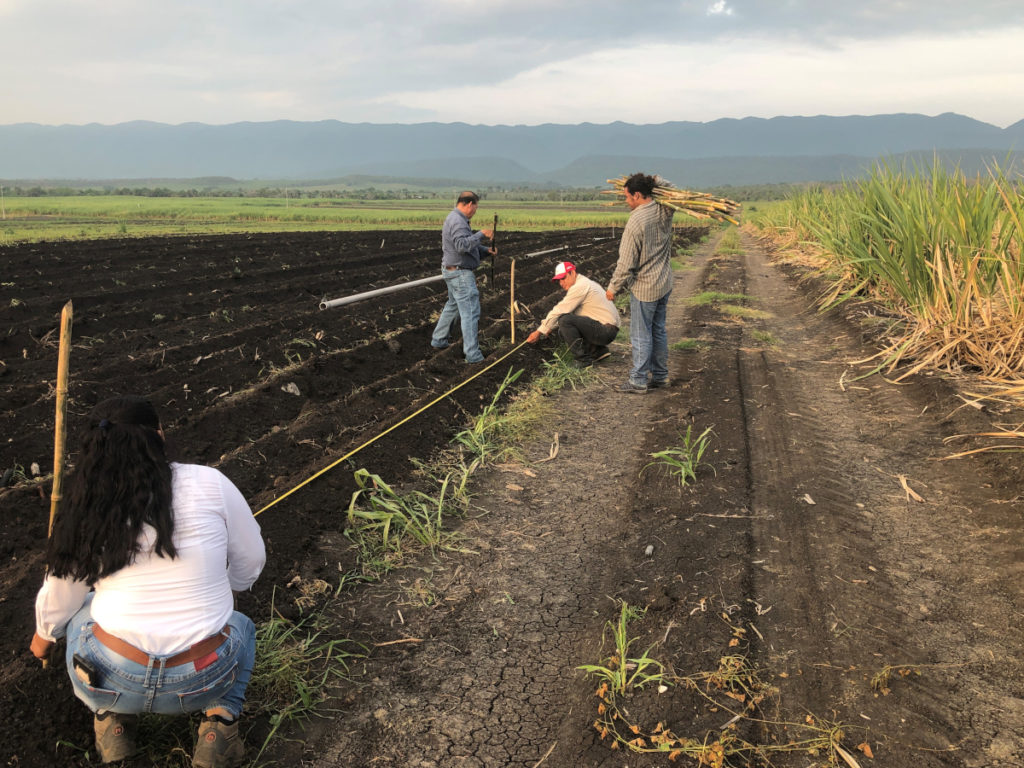
“If we develop products and innovation, but don’t have the capacity to train [in its use]…it’s not possible to achieve an adequate level of success,” said Bayer’s Head of Market Development in Mexico, Elías Tapía.
Solidaridad’s PanameriCaña programme works together with several mills, producer associations and buyers interested in transforming the sugar sector into a more sustainable field. One way to achieve this is through training programmes that seek to improve practices in sugarcane production, integrating theory with practical or field demonstrations.
The aggregate average 28 years’ sector experience of PanameriCaña’s multi-disciplinary team combined with Solidaridad’s ability to bring together all actors in the value chain for innovative solutions, and Bayer’s commitment to provide smallholder farmers with best practices training and insights to incorporate the safe use of pesticides, uniquely positions MAS-CAÑA to maximize benefits for sugarcane production in the Huasteca Potosina region.
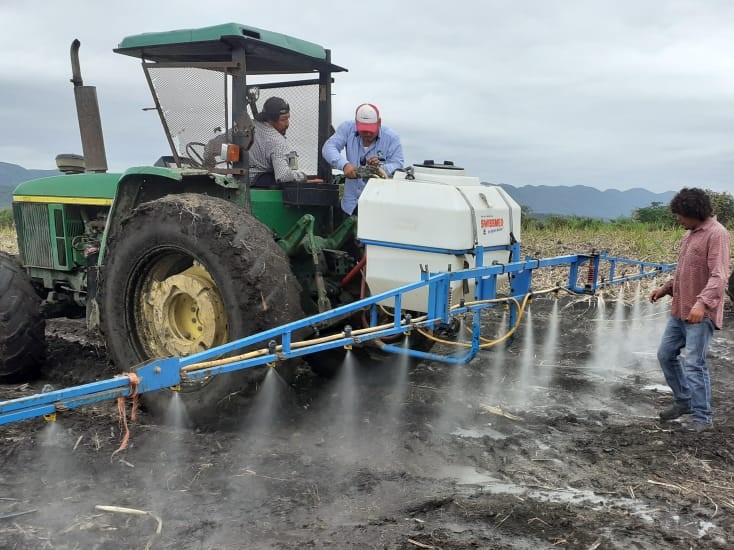
“Through cooperation initiatives such as the one established with Bayer through MAS-CAÑA, we can develop a fair supply chain in sugarcane that fosters growth and prosperity for smallholders while also promoting cultural change to protect soil, water, air and biodiversity through integrated systems that reduce negative impacts,” said Carlos García, regional programme manager for PanameriCaña.
Promoting sustainable practices in sugarcane through smallholder training programme
MAS-CAÑA’s general objective is to improve productivity and sustainability in sugarcane farming. To achieve this, the programme provides good practices training and has established a system for measuring and recording the effectiveness of the good practices, validating the effectiveness through quality indicators that the producers and workers themselves have defined.
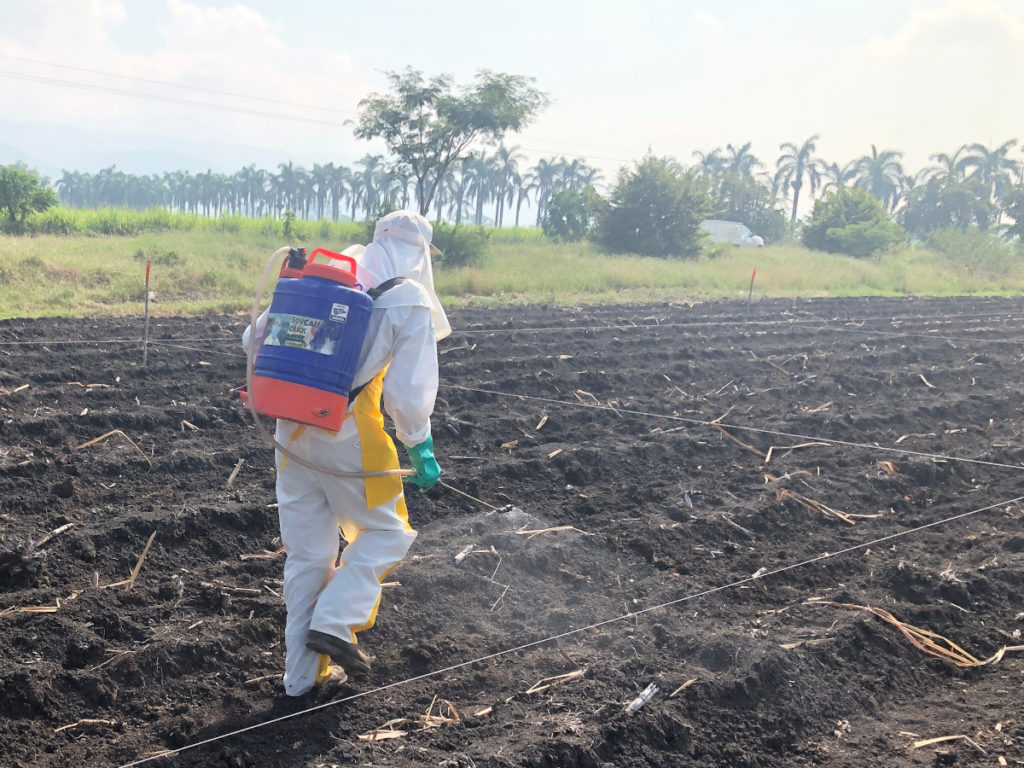
Key achievements in capacity building through MAS-CAÑA include:
-
conducting 704 technical visits to sugarcane farms to advise farmers in techniques such as irrigation, sowing, and weeding, among many others
-
providing training in topics such as safe and efficient use of agrochemicals, herbicide typology and their modes of action, mix order of applications, weed typology, sprayer calibration and cost analysis
-
conducting comparative analysis in five demonstration plots to promote integrated weed management
-
launching an occupational health and safety pilot to train producers, corporals, supervisors, technicians and cutters in the use of personal protective equipment and the implementation of the hydration, shade and rest protocol
-
developing and implementing the “Efficient, sustainable and inclusive production of sugarcane”, certificate training for producers and workers from the Plan San Luis Sugar Mill (2019), as well as similar training initiatives for 6 other mills from the Grupo Beta and another for the Panuco Sugar Mill in 2019 and 2020
-
organizing and executing an experience-exchange visit for a group of smallholder farmers to the Pantaleón Sugar Mill in Guatemala.
The experience-exchange visit to the Pantaleón Sugar Mill in Guatemala brought exceptional results for the sugarcane association National Sugarcane Owners Union (Unión Nacional de Cañeros, UNC-CNPR), who engaged with the government to bring technological benefits to Ciudad Valles in San Luis Potosí.
We learned new techniques and practices very different from what we do here. They set a high bar for us to reach.” – René González, UNC-CNPR president of Plan de San Luis Sugar Mill.
“Due to [the new techniques], we requested support from the Ministry of Economy for investment in new technologies. This resulted in a subsidy to bring the RTK signal to the Ciudad Valles area,” said González.
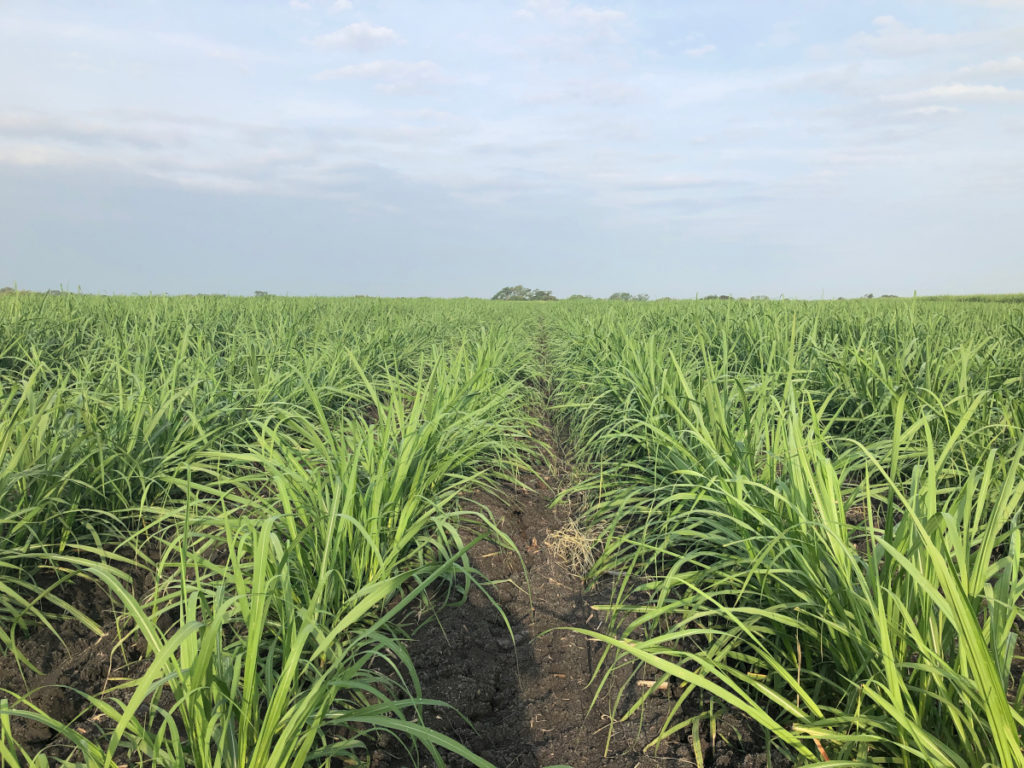
Introducing the real-time kinematic (RTK) signal is a significant win for the region, considering this technique will facilitate the implementation of precision agriculture, affording more efficient controls for drones, self-guided tractors, and other technology-based improvements to sustainable best practices in sugarcane.
Smallholder training programme for sustainable practices in sugarcane moves online
Due to the training programme’s success and as a result of the changes that the COVID-19 pandemic has generated, Solidaridad adapted certain initiatives to an online delivery to reach a greater number of participants from different sugar mills. Currently, there are three courses ongoing through the PanameriCaña digital platform, with producers and technicians from the Beta San Miguel Group as the target student group.
Read more about our work in Sugarcane.
